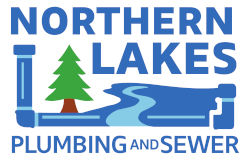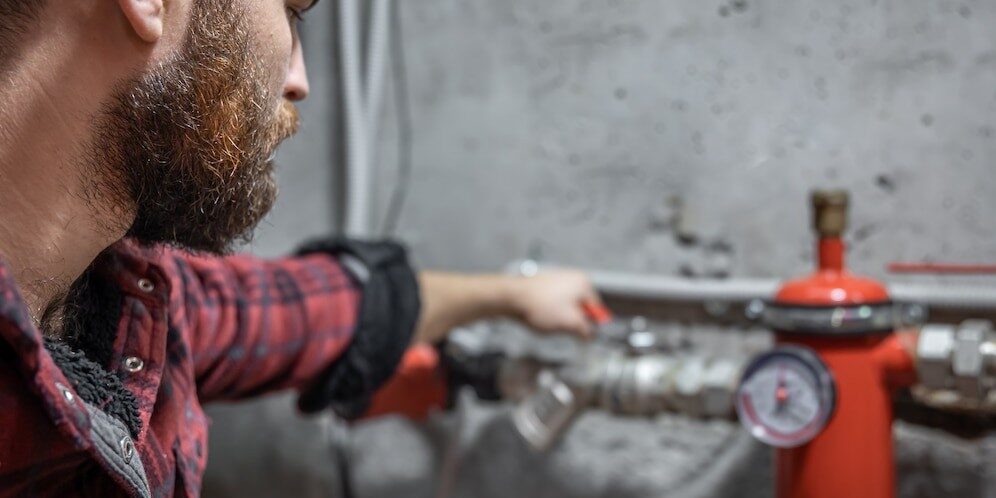Technology has changed how homes function, making everyday tasks easier and more efficient. A modern smart water heater installation connects to home automation systems, giving homeowners control over temperature, energy usage, and scheduling. This not only improves efficiency but also helps reduce energy costs. Many people are now switching to tankless water heaters for a more sustainable and cost-effective solution.
Why Upgrade to a Smart Water Heater?
Traditional water heaters work well but lack customization. A smart system integrates with mobile apps and home automation, allowing users to adjust settings remotely. Some of the biggest benefits include:
- Energy Savings – Smart heaters adjust temperatures based on usage, reducing unnecessary energy consumption.
- Convenience – Control water temperature from a smartphone or voice assistant.
- Leak Detection & Alerts – Receive real-time notifications about leaks or maintenance issues before they become costly.
- Longer Lifespan – Smart technology optimizes usage, helping the system last longer.
How Smart Water Heaters Work with Home Automation
Connecting a smart water heater to a home automation system provides full control and monitoring. Integration allows:
- Voice commands through Alexa or Google Assistant.
- Automatic scheduling to match daily routines.
- Remote access via apps to adjust temperature settings from anywhere.
- Real-time diagnostics for system health and performance tracking.
Tankless vs. Traditional Water Heaters
Choosing between a tankless water heater and a traditional storage tank system depends on household needs.
- Tankless Water Heaters: Heat water only when needed, reducing energy waste. Ideal for small to medium households that want continuous hot water.
- Traditional Water Heaters: Store and heat water in a tank. Suitable for larger households with high water usage.
Smart systems work with both options, but tankless water heaters provide additional savings and space efficiency.
Installation & Compatibility Considerations
Before installing a smart water heater, consider:
- Home Automation Compatibility: Check if the unit integrates with existing smart home devices.
- Wi-Fi Connection: A stable connection is necessary for remote control and alerts.
- Plumbing System Requirements: Some smart heaters need specific pipe sizes and water pressure levels.
- Energy Source: Gas or electric models are available, each with different efficiency levels.
Smart Water Heater Maintenance Tips
A smart system makes maintenance easier, but regular care ensures longevity.
- Flush the system annually to remove mineral buildup.
- Monitor app alerts for system efficiency and potential leaks.
- Check Wi-Fi connectivity to keep smart features running smoothly.
Smart Water Heaters and Safety Features
Smart water heaters come equipped with advanced safety features that traditional models lack. These include automatic shut-off mechanisms to prevent overheating, anti-scald protection to regulate safe water temperatures, and real-time leak detection to avoid costly water damage. By integrating these safety elements into your home automation system, you can receive instant alerts and take action before minor issues turn into major problems.
In Closing: Upgrade to a Smarter, More Efficient Home
A water heater installation that integrates with smart technology provides energy savings, convenience, and reliability. Homeowners gain full control over their water usage while preventing unexpected repairs.
For professional installation and expert advice, Northern Lakes Plumbing and Sewer is the trusted choice. With a passion for helping homeowners, we provide top-quality services, including sump pump replacement, faucet replacement, and drain cleaning. Upgrade your home today with superior plumbing solutions!







